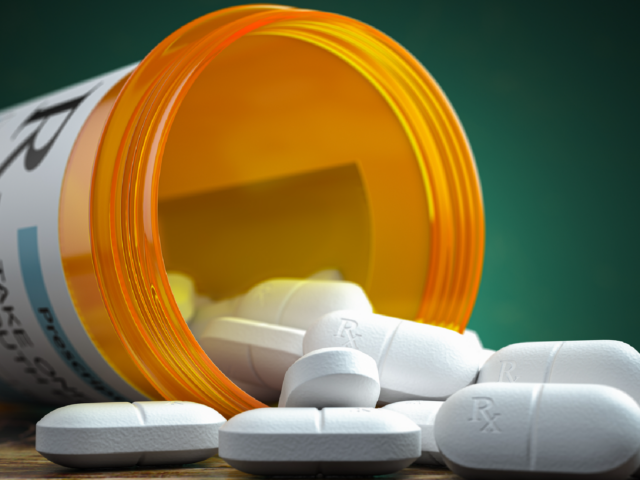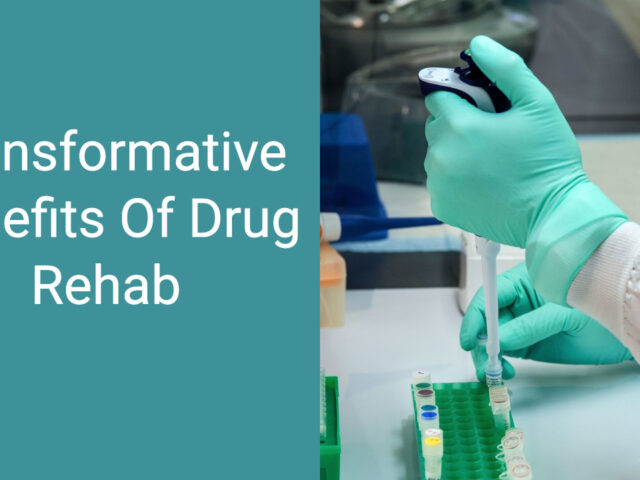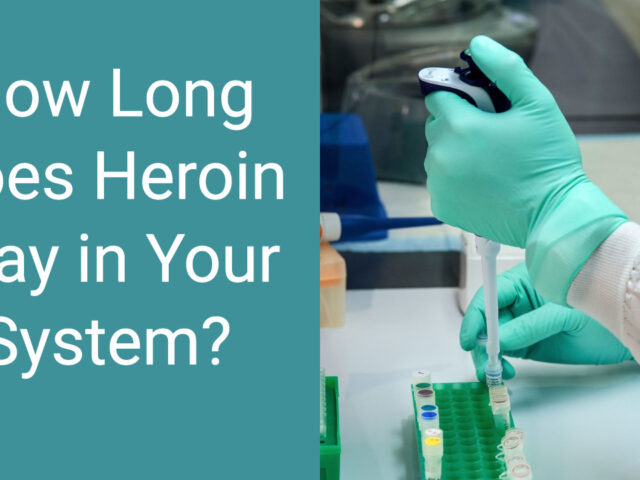“A man who drinks too much on occasion is still the same man as he was sober. An alcoholic, a real alcoholic, is not the same man at all. You can’t predict anything about him for sure except that he will be someone you never met before.”
― Raymond Chandler, The Long Goodbye
As a general rule, your body takes one hour to process one alcoholic drink. However, that widely varies depending on several factors, including weight, food in your stomach, frequency of use, and type of alcohol.
More specifically, alcohol can show up on a breath test for 12 to 14 hours, urine test for 12 to 24 hours, saliva test for 12 to 24 hours, sweat test for one to four weeks, blood test for 12 to 24 hours, and a hair test for four to six months.1
Learn how alcohol stays in your system and what you can do to help with the process.
How Long is Alcohol Detectable in Drug Tests?
The length of time alcohol is detectable is dependent on several factors, including:1
- Your metabolism rates
- How much you used
- The frequency with which you use alcohol
- How sensitive you are
- Your physical health, weight, and diet
One of the most important factors is the alcohol’s half-life. The half-life is how long your body takes to dissolve half of the alcohol. For example, the half-life of liquor will be much longer than the half-life of beer.
The length of time a substance is detectable also depends on the test. For example, some tests, like breath tests, only detect alcohol for a few hours. However, hair tests can detect alcohol for several months.
Some of the reasons you might undergo an alcohol test include:2
- Testing whether you are drinking and driving
- Seeing whether you are legally drunk
- Monitoring whether you were drinking during treatment
- You are suffering from alcohol poisoning and need treatment
Breath Testing
Alcohol breath tests are easy to administer and are a popular form of testing those that use alcohol, especially at traffic stops. In addition, it is often used when someone is showing physical signs of alcohol use to confirm that the person has recently used the alcohol.
For example, law enforcement will use alcohol breath tests when drivers exhibit signs of alcohol use.
This test can detect alcohol in the system up to 12 to 24 hours after drinking. Because alcohol metabolizes quickly, this is one of the most used testing methods for alcohol use.
A breathalyzer test measures alcohol with similar accuracy to blood tests and is shown as a percentage of milligrams of alcohol per deciliters. For example, one drink equals approximately 0.025%.
Here is a general guide to how much alcohol in the system affects your health and ability to perform tasks:1
- 0.05%: Alcohol’s effects are observable
- 0.07%: Your ability to drive is impaired
- 0.10%: You are considered intoxicated
- 0.20%: You start to lose consciousness
- 0.30%: You may lose consciousness entirely3
- 0.40%: You reached a lethal dose
Urine Testing
Alcohol is detectable in urine longer than you can find it in blood or breath. A few drinks of alcohol can show up on a urine test up to 48 hours after you finish your last drink. You could detect alcohol use for up to 72 hours if heavy drinking is involved.4
Blood Testing
Blood testing is the most accurate method for measuring how much alcohol is in your system. However, most people like law enforcement use breathalyzers and other methods because they are more convenient and faster to perform.
For a blood test, the administrator will insert a needle into a vein to collect a small blood sample. That test is sent to a laboratory. It is only accurate for six to 12 hours after finishing your last drink.2
Saliva Testing
Saliva is not one of the most accurate ways to test blood alcohol levels because of how other contaminants in your mouth might change your saliva’s pH levels. However, receiving a saliva test will show similar results to your blood alcohol level within two hours of drinking.
Saliva can usually only detect alcohol for 12 to 24 hours after your last drink.1
Hair Follicle Testing
Hair testing shows long-term use of alcohol. It is often used to determine if someone has been using alcohol for a long time or to prove someone is actively abstaining from alcohol.
Hair grows at a rate of ½ inch each month, which means a 2-inch strand of hair will tell the tester how much alcohol you consumed over the past four months. Because the test looks at your hair follicles, it is one of the more accurate ways to test for alcohol. Because some hair treatments can skew the results, other methods are often used alongside hair tests to ensure the results are accurate.
You can use any hair on your body for alcohol testing. However, head hair is the most reliable and preferred location.1
What Factors Affect How Long Alcohol Stays in Your System?
Everyone’s unique body, health, and lifestyle affect how long alcohol stays in the system.
Some examples of what might change how long your body takes to process alcohol include:1
- Your weight
- How fast your body metabolizes the alcohol
- How frequently you use the restroom
- How much you drank
- How often you drink alcohol
- How sensitive you are to alcohol
- How much water you drink
- What food you eat before and after drinking alcohol
- Whether you are physically active
Can Other Substances Cause a False Positive for Alcohol?
Yes, several other substances can affect your alcohol test results. However, these occurrences are rare. They often occur if you liberally use a substance with trace amounts of alcohol or the testing method is very sensitive to the presence of ethanol.
Here are a few examples of products that might cause a positive test:5
- A large amount of alcohol-based hand sanitizer
- Mouthwash
- Liquid medications
- Vanilla extract
To avoid a false positive, declare anything you used in the last 24 hours that contained ethanol. You can also request a different test that would not be as likely to detect trace amounts of ethanol from other products.
How Long Do the Effects of Alcohol Last?
Alcohol is ingested through the mouth. However, it isn’t absorbed like other forms of food and drink. Instead, your body starts absorbing it directly into your bloodstream, starting at your mouth. Your body continues soaking in the alcohol as it moves through your stomach and intestines.
When you have food in your stomach, you do not absorb as much alcohol as it acts as a barrier between the alcohol and your stomach and intestine lining.
However, once the alcohol does get to your bloodstream, you can feel the effects within 90 seconds. You will feel the full impact of your drink within 15 to 45 minutes. Your body then eliminates the alcohol through sweat, breath, and urine.6
The primary organ responsible for ridding your body of alcohol is the liver. It breaks up alcohol at a rate of about 0.015 per hour, roughly the amount of alcohol in one standard drink. If you consume more than that within an hour, you will start seeing the effects of alcohol.6
You cannot speed up the rate at which your body eliminates alcohol. However, you can take precautions to avoid over-drinking, such as keeping food in your stomach, maintaining an active lifestyle, and drinking at a rate of one drink an hour or less.6
Short-Term Effects
Some short-term alcohol effects include:2
- Slurred speech
- Headache
- Breathing issues
- Vision and hearing impairment
- Impaired judgment
- Drowsiness
- Vomiting and nausea
- Diarrhea
- Upset stomach
- Coordination issues
- Unconsciousness
- Blackouts
Signs of an Alcohol Addiction
If you are wondering how long alcohol remains in your system, this might be a sign of an alcohol use disorder.7 Use these other signs of addiction to gauge whether you should seek professional help:8
- Using a larger amount of a substance or for longer than intended
- Not able to cut back on your usage
- Spending a large amount of time obtaining or recovering from a substance
- Unable to keep other commitments because of using a substance
- Continuing to use a substance despite problems occurring as a direct result of your usage
- Giving up activities because of using a substance
- Using a substance even when it puts you in danger
- Using a substance even though you see worsening physical or psychological issues
- Increased tolerance to the substance
- Experiencing withdrawal symptoms
Find the Best Rehab
Help is available for those that have a substance use disorder. You can break the cycle of alcohol use and live a healthier and happier life.
You have two primary treatment options for alcohol addiction recovery. Inpatient treatment is an in-house program that fully immerses you in your rehabilitation. Because of the constant monitoring, you can achieve sobriety faster and receive more extensive care.
Outpatient treatments allow you to continue with other obligations like work or school while receiving treatment. You can attend a few hours of therapy each week over several months to help you achieve sobriety.
Both inpatient and outpatient care end when you transfer to an aftercare program. Aftercare programs are constant support that helps you avoid relapse and build a brighter future.
Call our helpline to speak with a recovery specialist to learn more alcohol information and explore treatment options.
Resources
- Treatment Improvement Protocol Series. (2006). Urine Collection and Testing Procedures and Alternative Methods for Monitoring Drug Use. NIH. https://www.ncbi.nlm.nih.gov/books/NBK64092/
- MedlinePlus. (n.d.). Blood Alcohol Level. NIH. https://medlineplus.gov/lab-tests/blood-alcohol-level/
- CBH. (2022, January 25). Alcohol-Induced Blackouts. https://cabehavioral.com/what-you-need-to-know-about-alcohol-induced-blackouts/
- College of Medicine. (n.d.) About Urine Ethylglucuronide (EtG) Testing. MUSC. https://medicine.musc.edu/departments/psychiatry/divisions-and-programs/programs/cnl/heavy-alcohol-testing/etg
- Carol DerSarkissian, MD. (2021, September 5). What can Cause a False Positive Drug Test. WebMD. https://www.webmd.com/drug-medication/ss/slideshow-drugs-false-positive-test
- Department of Recreation and Wellness. (n.d.). Alcohol Metabolism. BGSU. https://www.bgsu.edu/recwell/wellness-connection/alcohol-education/alcohol-metabolism.html
- A Thomas McLellan, PhD. (2017). Substance Misuse and Substance Use Disorders: Why do they Matter in Healthcare? https://www.ncbi.nlm.nih.gov/pmc/articles/PMC5525418/
- CBH. (2021, April 2). Alcohol Addiction in Palm Springs. https://cabehavioral.com/alcohol-addiction-in-palm-springs/










